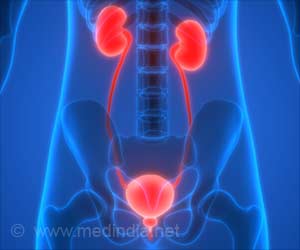Researchers have found that haters spend a lot of time at fewer activities than their non-hater counterparts

Assuming that our disposition motivates behavior, Justin Hepler, Department of Psychology, University of Illinois at Urbana-Champaign; and Dolores Albarracin, Annenberg School for Communication and Department of Psychology, University of Pennsylvania, suggested that people who like many things (those with positive dispositional attitudes) also do many things during the course of a week, while people who dislike many things (those with low dispositional attitudes) do very few things with their time.
In two studies, participants reported all of their activities over a one-week period and also completed a measure of dispositional attitudes. Although haters (someone with a low dispositional attitude) and likers (someone with a high dispositional attitude) did not differ in the types of activities they pursued, haters tended to do fewer activities throughout the week than did likers. Nearly 15 percent of the differences in how many activities people conducted during a typical week was associated with being a hater versus a liker.
Haters and likers also did not differ in how much time they spent doing activities throughout the week; they merely differed in the number of activities that they did. As a result, haters spent more time on any given activity than did likers. Thus, compared with likers, haters could be characterized as less active because they do fewer things, or they could be characterized as more focused because they spend more time on the small number of things they do.
The study has been published in the journal Social Psychology.
Source-ANI








